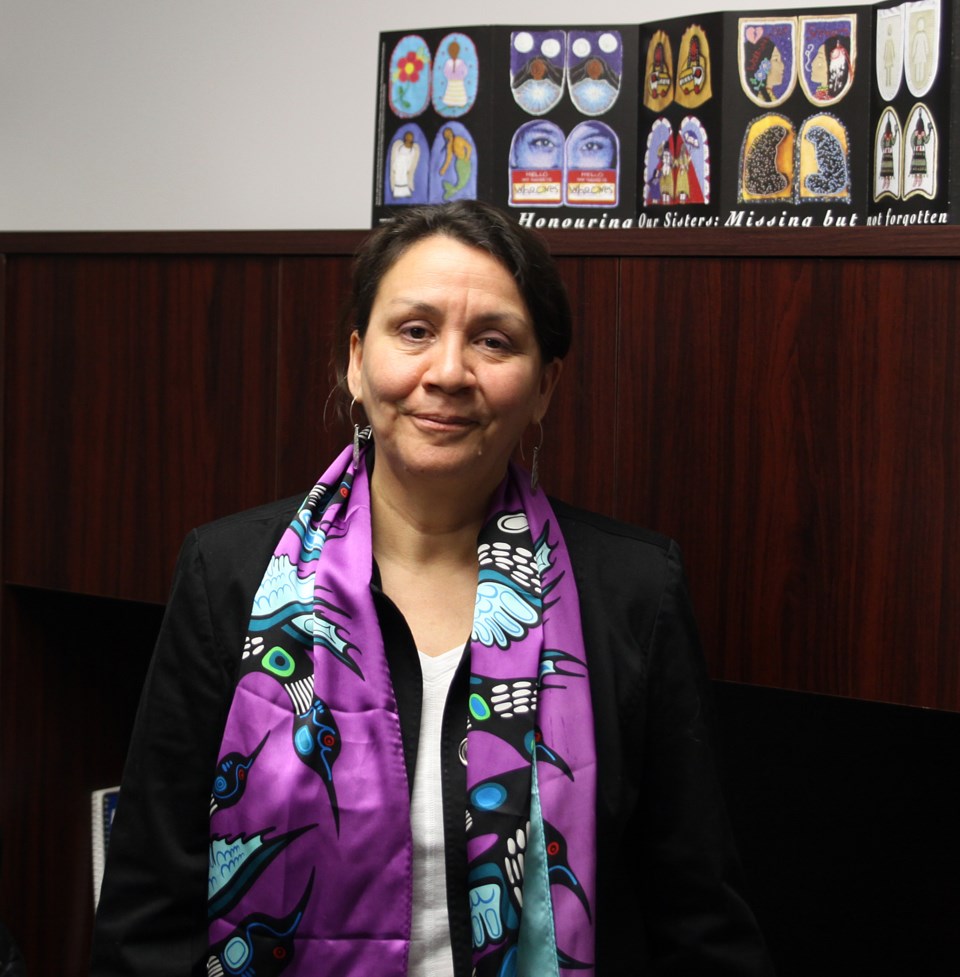THUNDER BAY – A new provincial service to connect families of murdered and missing indigenous women and girls with information about what happened to their loved ones will hopefully bring answers and a sense of closure.
The provincial government has established a family information liaison team as part of the indigenous justice division of the Ministry of the Attorney General to work with the families to direct them to find information or access available supports and resources.
Terry Swan, the team lead, said many families are lacking answers about how their loved ones’ case was investigated and how authorities reached their conclusions.
“It is a service that’s never been set up in the province before,” Swan said on Thursday.
“It’s a service we’re setting up in the most respectful, culturally sensitive and relevant way for the families. What families have sometimes been struggling with over the years in terms of their missing or murdered loved one is they don’t have all the information they’re absolutely entitled to have in terms of their loved one.”
The liaison team will have workers set up in Thunder Bay, Sioux Lookout and Sudbury. The Thunder Bay worker will be based out of the Anishnawbe Mushkiki clinic in the Chapples Building near Victoriaville.
The workers will meet with the families and listen to what they are looking for and try to obtain details about the investigations or direct them to community resources such as mental health supports or elders.
“Families would come sit with our workers and share information about their loved ones and let us know what it is they’re looking for,” Swan said.
“Some of the things they’re looking for is, for example, a coroner’s report. If a family has never seen a coroner’s report we would facilitate and get the coroner’s report. The coroner would sit with the family and our worker and for the first time they’re going to view this.”
It is time for the families to finally have some light shed on those questions, she added.
“It is beyond my comprehension families have not had access to this information after all these years and I’ve sat with many families,” Swan said.
“All of these years not knowing, never seeing a coroner’s report. All these years not knowing the status of the investigation.”
In addition, she said determining who to contact and how to obtain information can be a difficult obstacle for many families to navigate.
“The legal system is very complex. The legal system hasn’t always worked in favour of the families in terms of the families having to go too many different organizations, institutions or government organizations in order to seek information about their loved ones,” Swan said.
“It’s an accessible service where families don’t have to negotiate and make all these different calls trying to figure out who it is they need to call. It’s really a one-stop service.”
While the team might not always be able to get the answers the families are looking for, Swan said the families will have a safe and supportive environment where they can be heard and can receive an explanation about why the information might not be available.
“We know the tragedy and trauma of dealing with a loved one can take years and years and years and never goes away,” Swan said. “This whole act of listening with an open heart is something the families deserve that they never had, which is really what our service is providing.”
Swan said families aren’t required to participate in the national inquiry into missing and murdered indigenous women and girls to access the liaison team’s services.
The inquiry was scheduled to hold advisory meetings in Edmonton and Thunder Bay this week but they were cancelled late last week.
“Families were preparing to come to Thunder Bay to be able to share their story of their loved one. Families are looking for justice and families deserve justice,” Swan said.
“As a team here and we have spoken about it, we just really wish a new clear vision for the inquiry can be made so the families will indeed be able to know how they can access and share their stories and in the long run this is about systemic change. This is about years and years of injustices towards families that have a missing or murdered loved one. We all want the same thing and really want the families to be heard.”
